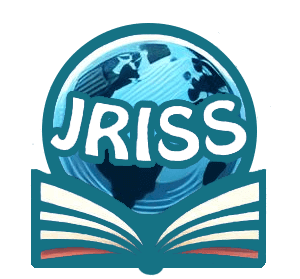Publication Ethics and Malpractice
1. Authorship and Contribution Recognition Only original work of the authors will be included in the materials proposed for publication. All co-authors of a submitted material share equal responsibility for the manuscript’s originality, accuracy, and integrity. Only those researchers who have approved the final version of the article will declare themselves as authors/co-authors. Other individuals who have contributed in ways such as data provision, paper translation, grammatical review, data collection, financial support acquisition, research space provision, etc., will be explicitly acknowledged in the paper’s Acknowledgements section (e.g., “contributed to the technical editing of the manuscript”).
The corresponding author is responsible for ensuring all co-authors have seen and approved the final version of the article and agree to the publication terms and conditions. The corresponding author maintains contact with the editor-in-chief and communicates with all co-authors about the editorial process progress.
The corresponding author must inform the journal’s editor-in-chief about significant manuscript changes, such as new content, new data, author order changes, adding or removing authors. These changes must be authorized by the journal’s editorial board. The corresponding author also ensures all the journal’s administrative requirements are met:
Article drafting according to template requirements;
Submission of the Authors’ Statement of Publication Ethics;
Provision of an institutional/personal email address for communication with the editorial board;
Supplying all authors’ ORCID accounts, filled out according to the Author Guidelines (the ORCID account enhances authorship credibility). In authorship recognition, the following situations violate publication ethics: (a) the presence of “ghost” authors; (b) the inclusion of “guest” authors without clear contributions; © offering the article as a “gift” to individuals with weak affiliation to a study. Any complaint regarding an author or contributor’s status will be sent to the editor-in-chief, as instructed in the Appeals and Complaints section.
